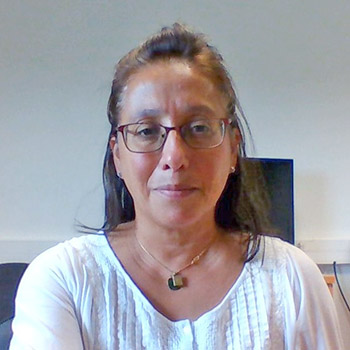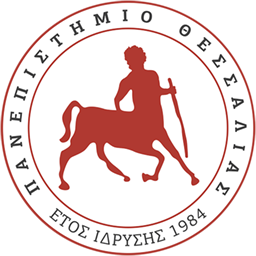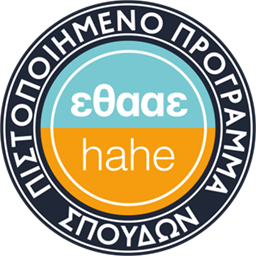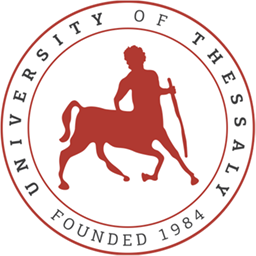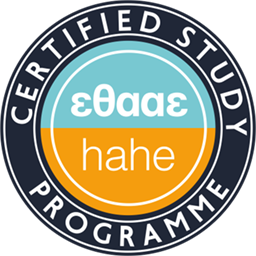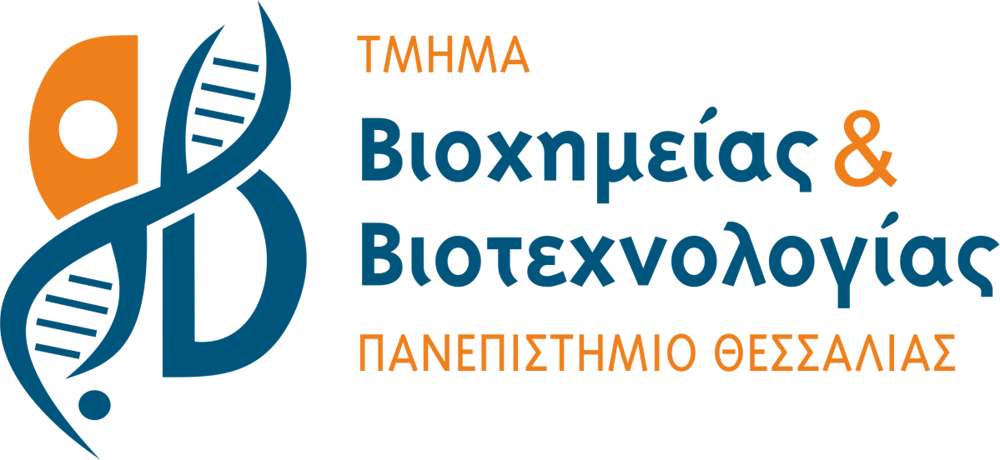Immunology
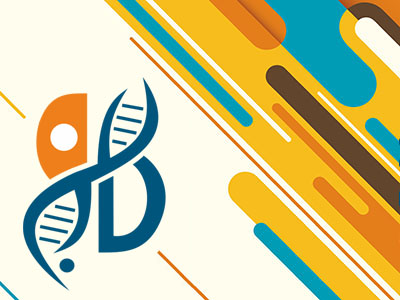
Theory: 3 hours/week | ECTS Units: 4
Content – Aim of the course
The immune system plays the crucial role of battling infection and cancer in the body. As a defense system, it must recognize and distinguish between what is foreign and what is self. Immunology is the scientific branch studying the mechanisms of the immune system that are responsible for the host defense against pathogen invasions (viruses, bacteria, protozoa or even larger parasites) and cancer. This course introduces the students to the basic concepts of immunology, such as development of the immune system, innate immunity, immunoglobulin structure and genetics, antigen-antibody reactions, the major histocompatibility complex and antigen presentation, T cell receptors, T cell activation and effector functions, anergy and apoptosis, adhesion molecules, phagocytic cell function, immune responses and the major molecular mechanisms that regulate immune responses. The second part of the course highlights the role and importance of immunology in various human diseases and animal models, including infectious diseases, autoimmune diseases, allergy, immunodeficiency diseases and cancer immunology.
The aim of Immunology lessons is the presentation of the organization and function of the immune system, as well as the comprehension of complex molecular and cellular interactions during the induction of immune responses. The goals of this course are to introduce students to this exciting and rapidly advancing research topic and to bridge the basic immunology to clinical immunology.
Analytical Description of the Course
- INTRODUCTION: Basic Concepts in Immunology. Adaptive and innate immunity. Cells, lymphoid tissues and lymphoid organs of immune system.
- GENERATION OF B-CELL AND T-CELL RESPONSES: Antigen recognition by B-cell and T-cell receptors. Organization and function of immunoglobulin genes. Major Complex of Histocompatibility, antigen processing and presentation to T-cells. Maturation, activation and differentiation of lymphocytes.
- IMMUNE EFFECTOR MECHANISMS: Cytokines: Complement system. T-cell mediated Immunity. Humoral immune responses. Leukocyte migration and inflammation.
- IMMUNE SYSTEM IN HEALTH AND DISEASE: Immune responses in infections. Vaccines. Allergy and hypersensitivity reactions. Autoimmune diseases. Transplantation.
Assessment
At the beginning of the semester, recent research or review immunology papers from the international bibliography are given to the students. The students work in two to three person teams on a specific subject proposed by the lecturer. The final grade in the theory part of the course is assessed after presentation of these projects (20%) and a written examination during the exams period (80%).
Reading Suggestions
- Basic Immunology, A.Abbas, A.H.Lichtman, Ed. Paschalidis, 2004.
- Immunology, I.Todd, G.Spickett, Ed. Parisianou S.A, 2008.
- Essential Immunology , I.Roitt, J.Brostoff, D.Male, Ed. Parisianou S.A, 2005.
- Kuby Immunology, Goldsby R.A., Kindt T.J., Osborne B.A., Ed. Paschalidis, 2007.
Teaching Material / E-class
Lecturer
